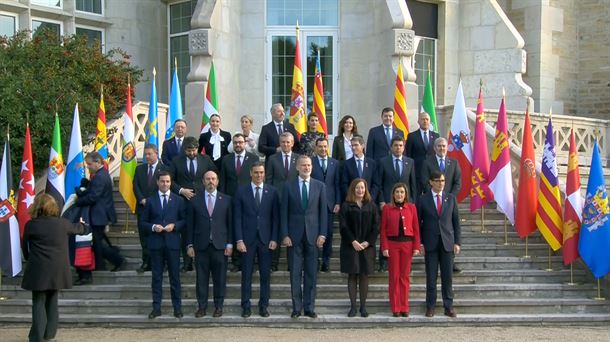Due to inflation, the union is making double-digit demands in the KV negotiations. For the industry, that is “exaggerated”.
At the start of collective bargaining for some 130,000 workers in the metalworking industry, the union presented its package of demands yesterday: the chief negotiators Rainer Wimmer of Pro-Ge and Karl Dürtscher of GPA want 10.6 percent more.
High inflation as reason for claim
The reasons for the double-digit demand are both high inflation of 6.3 percent (calculated over 12 months) and the profits that companies made in 2021 and in the first half of 2022.
“Companies have made a lot of money and these record results were made possible by the workers. So there is no reason to withhold wage increases,” the two negotiators said.
“Unreasonable and Exaggerated”
Christian Knill, president of the Metal Technology Industry Association, sees it differently: “The union’s package of demands is unreasonable and exaggerated. This desired package would result in huge additional costs for the companies, which is completely unrealistic.” The industry is burdened by rising energy and material costs. “Every day we get new bad news, the industry is facing a recession. Knill offers tax-free one-time payments. He wants the government’s anti-inflation measures to be factored into the KV negotiations and that the burden of inflation is shared by all.
Two-digit last in “golden times”
The union rejects such a thing, at least they want to have paid the cost of living. Their demand is not a record: in 1990, at the start of the autumn wage round, workers demanded 11 percent because of the good economy – ie in considerably better economic times. In the end, they had agreed on a grade of eight percent.
Source: Krone
I’m an experienced news author and editor based in New York City. I specialize in covering healthcare news stories for Today Times Live, helping to keep readers informed on the latest developments related to the industry. I have a deep understanding of medical topics, including emerging treatments and drugs, the changing laws that regulate healthcare providers, and other matters that affect public health.



